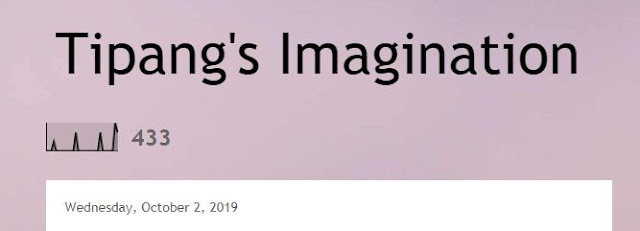Juvenile Justice: Will Amendment Suffice?
A Persuasive
Essay
by Maria Eloisa H. Garcia
Grade 9- Justice
Republic Act 9344 or Juvenile Justice and Welfare Act of 2006 gives a child in conflict with the law another chance, a new beginning marked by a clean slate. They possess the freedom to pursue their future without any record of their stained past. But nowadays, people doubt and begin to question this law.
Minors are seen in the streets, not selling puto or sampaguita, but sprinting away with stolen possessions, or violently assaulting an unsuspecting civilian. They also come in as gangs, couriers of drug traffickers or bet collectors of illegal gambling lords. The public is terrified, seeing as these juvenile offenders end up in the custody of the Department of Social Welfare and Development (DSWD), not behind bars as punishment, and for them to walk out with an unscathed record, only to do crime again. Lawmakers are currently reviewing Republic Act 9344, and considering proposals to amend the law in accordance to public safety. But is amendment truly the right solution?
At what age does a person endow a clear notion of what is right and wrong? Lawmakers, such as Sen. Francis Escudero and Sen. Vicente Sotto, propose to bring down the age of criminal liability for juvenile offenders are getting younger and younger by time. But this will only restore another type of criminal culture. Jail provides an unhealthy environment that can corrupt a child’s mind. In these quarters, children will be brutalized or raped by older inmates. They will become their vicious disciples who bear hatred for the world, stripped off their innocence.
Why do children resort to crime? They are either used or exposed to factors in society that greatly influences it. A child is not solely responsible for a crime he/she committed. He/she is a victim of our political and socio-economic system that created the problem in the first place. Hunger, malnutrition, neglect, poverty and other forms of social injustice relay an insurmountable impact on a child without adult guidance. Effective implementation of RA 9344 cancels or paralyzes these factors. It does not exempt a child from criminal liability, but rather to get both the adult and the child to face the responsibility of the wrongdoing.Parents or guardians, who neglect their children and turn a blind eye to their crimes, do not appear innocent to the law and therefore, subjected to DSWD investigation.
The law mandates the formation of Barangay Councils for the Protection of Children or BCPCs nationwide. Encourage the proper performance of the duties of parents and provide learning opportunities on the adequate rearing of children and positive parent-child relationship are only some of the specific functions of BCPCs. Their main advocacy is to provide a holistic and wholesome environment for children, cater their needs and protect them from abuse and exploitation.
Though BCPCs are noble and promising, a number of them have not been as ideal and fully functional as the barangays claim. Out of 39,535 barangays, only 13 percent (5,208)has submitted a report to DILG (Department of Interior and Local Government) on functionality; at least 3,876 barangays have not passed any report. DILG still doubts that the listed 5,208 barangays have BCPCs that are indeed fully functional. The agency is set to conduct a field investigation to confirm if the BCPCs are working effectively.
The law does not need amendment. It needs thorough implementation to harbour positive results. The government must be prepared to utilize its funds to make this possible. Good rehabilitation centers, programs and BCPCs come at a hefty price. The government must also dedicate itself to keep children in schools, supply them with morals, and keep them off the streets.Their innocence must be sheltered by a healthy society, bound with beautiful traditions and loving communities.
If the future of the children is threatened, the future of the country might as well be.

No comments:
Post a Comment